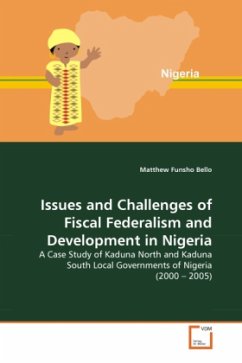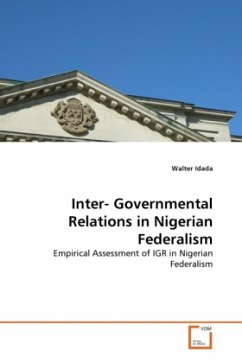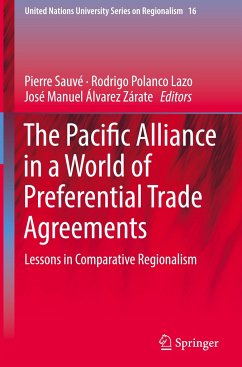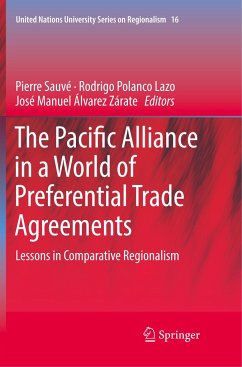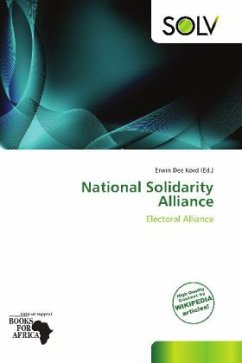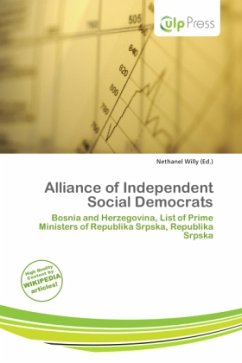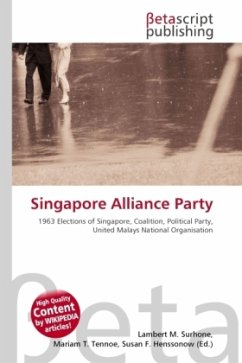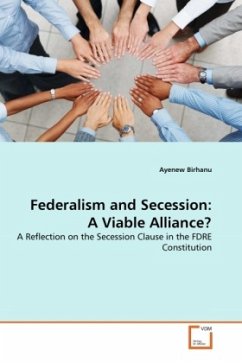
Federalism and Secession: A Viable Alliance?
A Reflection on the Secession Clause in the FDRE Constitution
Versandkostenfrei!
Versandfertig in 6-10 Tagen
45,99 €
inkl. MwSt.

PAYBACK Punkte
23 °P sammeln!
This book is primarily aimed at examining the viability of the alliance between Federalism and the right to secession. The study examines the historical accounts, as well as, political and legal basis of the recognition of the right to secession and federalism in Ethiopia in light of contemporary theoretical discussion of the subject, and assesses Ethiopia's experiment within a universal multicultural and federal theoretical framework. The book argues that while a properly working federal system may be a best shield against secession, because it provides a powerful defense against the basic mo...
This book is primarily aimed at examining the viability of the alliance between Federalism and the right to secession. The study examines the historical accounts, as well as, political and legal basis of the recognition of the right to secession and federalism in Ethiopia in light of contemporary theoretical discussion of the subject, and assesses Ethiopia's experiment within a universal multicultural and federal theoretical framework. The book argues that while a properly working federal system may be a best shield against secession, because it provides a powerful defense against the basic moral claim to secede, federal structures have not entirely succeeded in eliminating secessionist impulses. In any event, the book contends, the idea of secession so intimately related to multinational federations that it may be less reasonable to think that it will disappear from political agenda of those countries. The key contention in this book is that the Ethiopian experiment is far from finished, and its success is far from assured. Success or failure will depend on whether the constitutional provisions of federation and democracy are realized in practice.



